Introduction to Independent World Travel
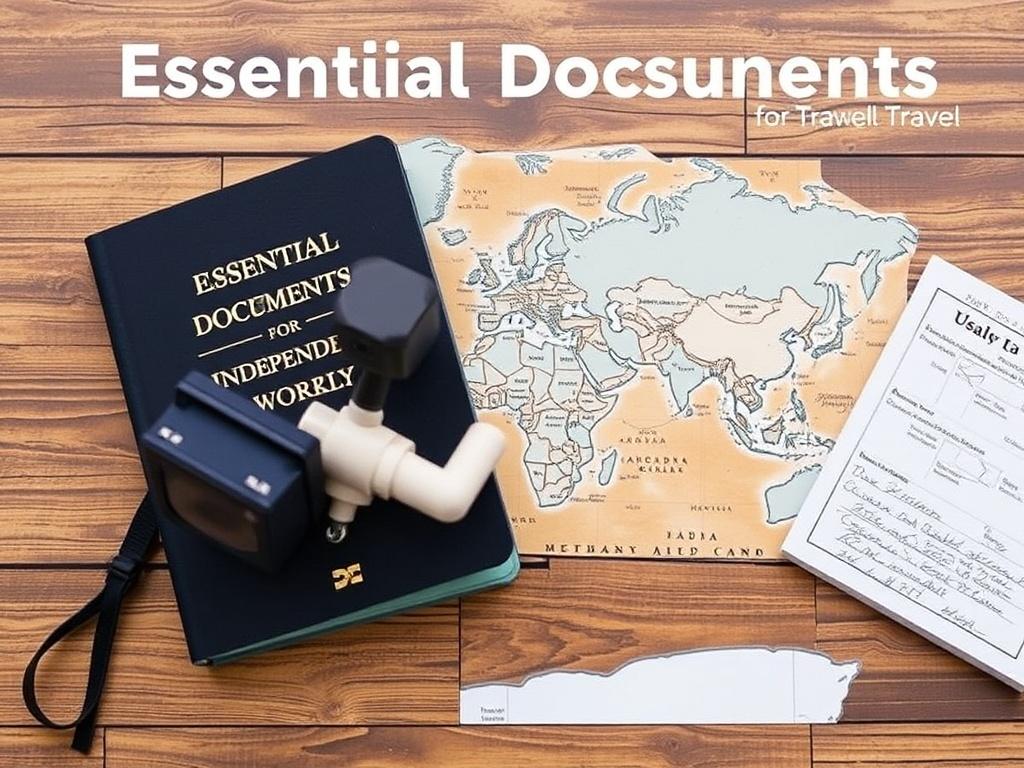
Traveling the world independently is a dream for many. It offers freedom, adventure, and the chance to truly discover yourself and the places you visit. But while the excitement is undeniable, one of the most crucial aspects of successful independent world travel is being prepared—especially when it comes to having the right documents. Without essential travel documents, your journey can quickly become complicated, or worse, come to a halt before it even begins.
In this guide, we’ll walk you through all the essential documents for independent world travel. Whether you are planning a quick getaway or an extended trip across multiple countries, having these documents in order will save you stress and keep your travels smooth.
Why Are Travel Documents Important?
Independent world travel means you rely largely on your own resources and planning. Unlike organized tours or group travel that often comes with assistance, solo travelers and independent adventurers must ensure their paperwork is perfect. Travel documents provide legal permission to enter and move through different countries, as well as access to essential services like healthcare or banking on the road.
Sometimes, travelers underestimate how many documents are actually necessary. The truth is that visa requirements, identification, health certifications, and emergency contacts can all factor into the process. Getting these ready in advance is a key part of independent world travel preparation.
Core Documents You Need Before You Travel
Passport – The Ultimate Identification
Your passport is the cornerstone of all international travel. It serves as your official identification and proof of citizenship. For independent world travelers, having a passport is non-negotiable. Generally, it should be valid for at least six months beyond your planned return date. Many countries enforce this rule strictly, turning travelers away at borders who don’t comply.
It’s wise to keep your passport in a safe place and also carry photocopies or digital versions separately. Losing your passport abroad can create significant challenges and delays.
Visas and Entry Permits
Depending on your destination, a visa or special entry permit could be necessary. Visas come in many forms: tourist, work, student, or transit, for example. Some countries issue visas on arrival, while others require you to apply well in advance.
Before embarking on your independent world travel, research visa requirements for every country you plan to visit. Government websites and travel forums can provide up-to-date advice. Ignoring visa rules is risky and may lead to fines, deportation, or banned future travel.
Health and Vaccination Documents
Health requirements have become especially important in recent years. Many countries require proof of specific vaccinations, such as yellow fever, when entering from certain regions. It’s essential to check health advisories and update your immunizations before travel.
Carrying an International Certificate of Vaccination or Prophylaxis (ICVP), also known as the “yellow card,” is usually necessary if vaccines are required. Many travelers also carry a basic travel health kit and documents listing any medications they take.
Travel Insurance Details
While not always mandatory, travel insurance is a must-have for independent world travel. Unforeseen incidents—like illness, accidents, or theft—can happen anywhere. Having insurance documentation handy proves your coverage and expedites assistance.
Insurance that covers medical emergencies, trip cancellations, and lost luggage is highly recommended. Make sure your policy explicitly states it covers international travel and any high-risk activities you intend to do, such as hiking or diving.
Driver’s License and International Driving Permit (IDP)
If you plan to drive abroad, carrying your home country driver’s license alone often isn’t enough. Many countries require an International Driving Permit (IDP), which translates your license into several languages and legitimizes it internationally.
Applying for an IDP is straightforward and usually done through your country’s automobile association. Carry both your original license and the IDP when traveling.
Supplemental and Optional Documents for Independent World Travel
Financial Documents and Cards
Managing money abroad safely is a priority. Many travelers bring multiple forms of payment: credit cards, debit cards, and some cash in local currency. Carrying a copy of your bank’s contact details and emergency numbers is a smart precaution should a card get lost or stolen.
For longer trips, you might want to bring a traveler’s check book, although these are less common nowadays. Keeping receipts and account statements can also help you track expenses and avoid fraud.
Accommodation and Transport Confirmations
Having documentation for your accommodation reservations and transportation tickets can smooth your journey. Printed or digital confirmations of hotel bookings, flight itineraries, train tickets, or bus passes help prove your plans at checkpoints and customs.
Make sure these documents are accessible on your phone and as hard copies stored separately from other valuables.
Emergency Contact Information
It’s critical to prepare emergency contacts, both personal and official. This includes family members, friends, your country’s embassy or consulate in your destination, and your travel insurance company.
Carry a card in your wallet with these contacts and keep this information digitally stored as well. In case of lost phone or other emergencies, accessible contacts can be lifesavers.
Copies of Important Documents
One of the best travel document tips is to duplicate everything essential. Keep physical copies and digital backups of your passport, visa, IDP, insurance, medical records, and emergency contacts.
If you lose the originals, these copies will ease interaction with local authorities, embassies, or medical providers.
How to Organize and Protect Your Travel Documents
Document Holders and Travel Wallets
Keeping all your documents neat and secure is as important as having them at all. A dedicated travel wallet or document holder helps organize papers, cards, and passports. Look for water-resistant, RFID-blocking options to protect sensitive information.
It’s helpful to divide sections by type: identification, financial cards, medical documents, and reservations.
Digital Solutions and Cloud Storage
In an increasingly digital world, storing copies of documents electronically is invaluable. Scanning or photographing your documents and uploading them to secure cloud storage (Google Drive, Dropbox, or dedicated travel apps) means you can access them even if your physical copies are lost.
Remember to use strong passwords and two-factor authentication.
Keep Documents Separate and Safe
Avoid carrying all your documents in one place. Split copies between your backpack, carry-on, and even with someone you trust travelling with you. This strategy reduces the risk of losing everything in a single theft or accident.
Country-Specific Document Requirements and Tips
Travel document requirements can vary widely by country. Here’s a quick look at some regions and their important rules:
| Region | Passport Validity | Visa Notes | Health Documents |
|---|---|---|---|
| Europe (Schengen Area) | Valid for duration of stay | Visa-free for 90 days for many countries | COVID-19 regulations (changing) |
| Africa | At least 6 months recommended | Visas often required; sometimes on arrival | Yellow fever certificate often required |
| Asia | Generally 6 months or more | Varies; eVisas common in some countries | Vaccinations vary by country |
| Americas | Varies from 3 to 6 months | Visas vary widely by country | Vaccinations required especially when coming from certain regions |
Researching details well ahead of your travel lets you avoid surprises at borders or during check-ins.
Tips for First-Time Independent Travelers
- Start documentation early: Apply for or renew passports, visas, and permits several months ahead.
- Make a checklist: Consider the documents above and customize your list based on destination needs.
- Stay aware of changing regulations: Especially with health documents and visas.
- Keep digital backups: In case your originals are misplaced or stolen.
- Register with your embassy: For security, many countries allow travelers to register online for alerts.
Common Mistakes to Avoid with Travel Documents
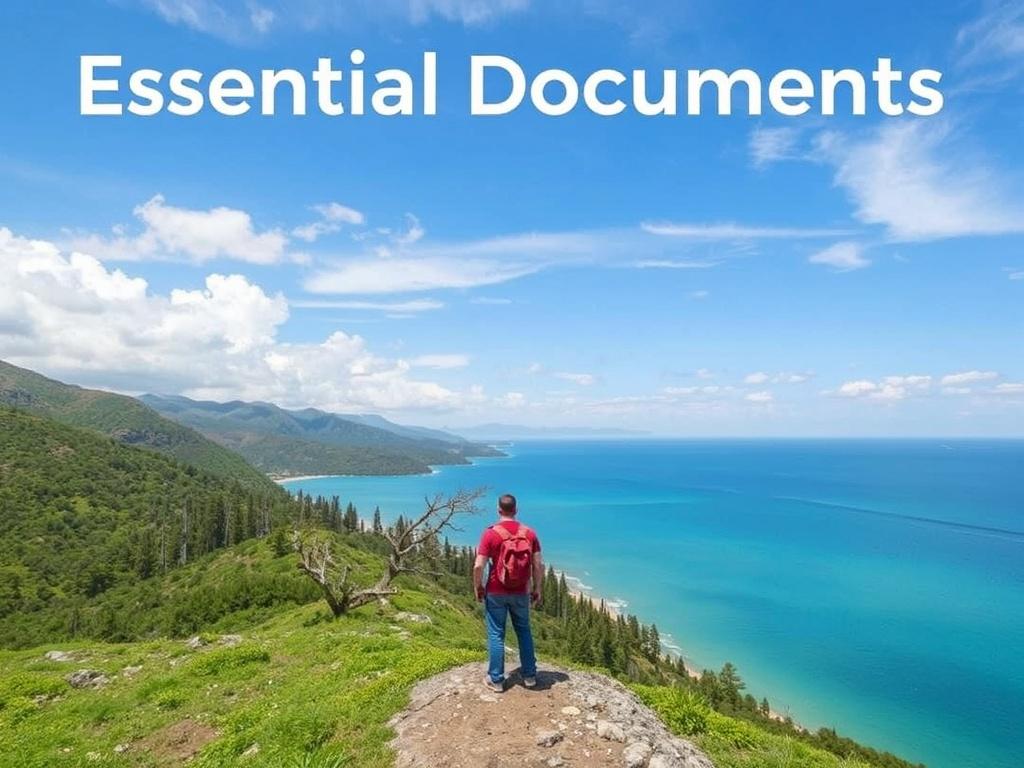
Even experienced travelers sometimes stumble when it comes to paperwork. Avoid these pitfalls:
- Traveling with a passport that expires too soon.
- Failing to check visa requirements before purchase of tickets.
- Not carrying vaccination certificates where required.
- Relying solely on digital copies without physical backups.
- Ignoring changes in entry requirements, especially during pandemics.
Using Technology to Manage Your Travel Documents
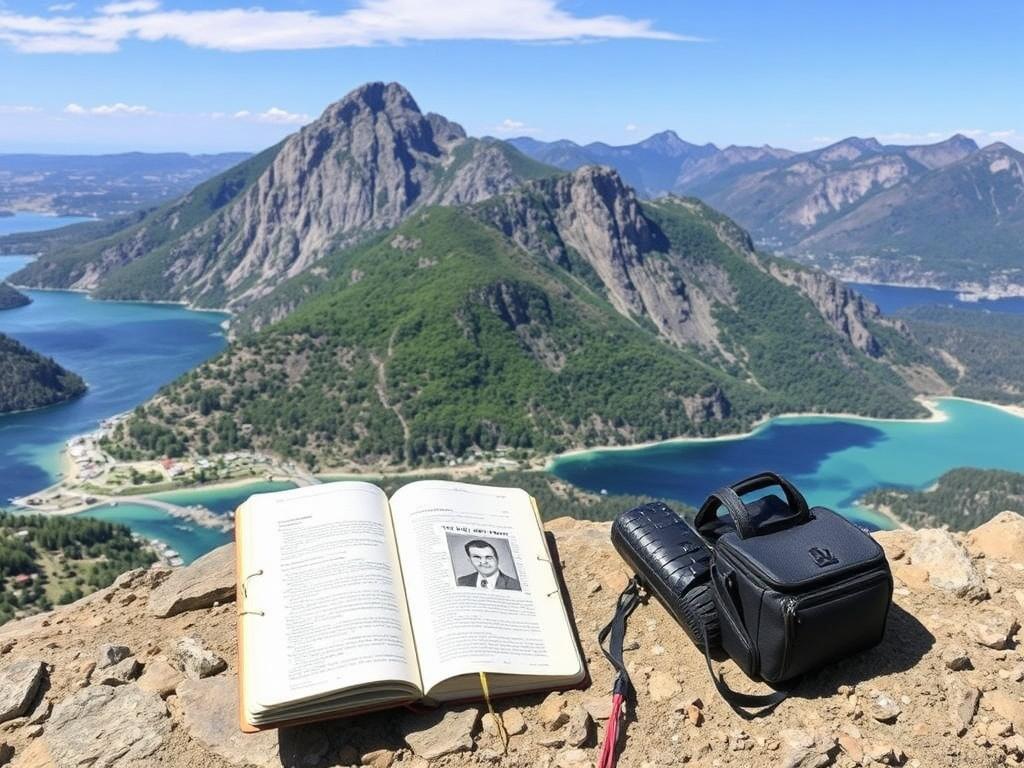
Apps like TripIt, Google Trips, or even specialized travel document organizers can help you store and organize all your essential information in one place. Many airlines and governments are integrating digital passports and eVisas that streamline documentation on your phone. However, always have paper copies as a backup in case of phone loss or battery failure.
Special Considerations for Long-Term Independent Travel
If you’re planning to travel for months or years, additional paperwork may come into play:
- Extended visas and residency permits: For countries with longer stays, such as student or work visas.
- Tax and legal documents: Inform tax authorities and keep proof of travel duration for your home country.
- Driver’s license renewal or international accreditation: Confirm your permits remain valid over time.
- Medical history and prescriptions: A detailed record helps when accessing healthcare abroad.
Planning extra time to renew or extend documents is vital on long-term trips.
Conclusion
Independent world travel can be one of life’s most rewarding experiences, filled with incredible sights, cultures, and stories. Yet, without the essential documents in hand, many obstacles can arise, potentially preventing you from enjoying your adventure fully. From passports and visas to health certificates and travel insurance, preparing these important documents is key to making your journey smooth, safe, and enjoyable. Organize your paperwork carefully, back it up digitally, and study the specific requirements for each destination you plan to visit. When armed with correct documentation, you can focus on the joy of travel and the freedom that independent exploration offers. Safe travels!
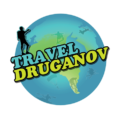
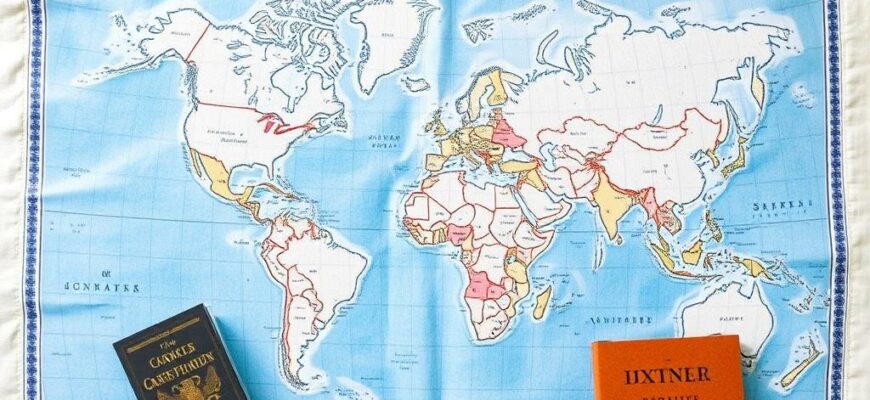


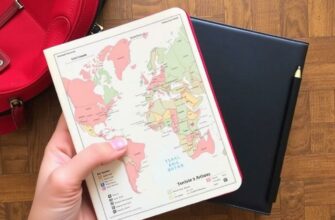





Очень полезная статья! Всё подробно и понятно объяснили, теперь чувствую себя увереннее перед поездкой. Спасибо за такие советы!